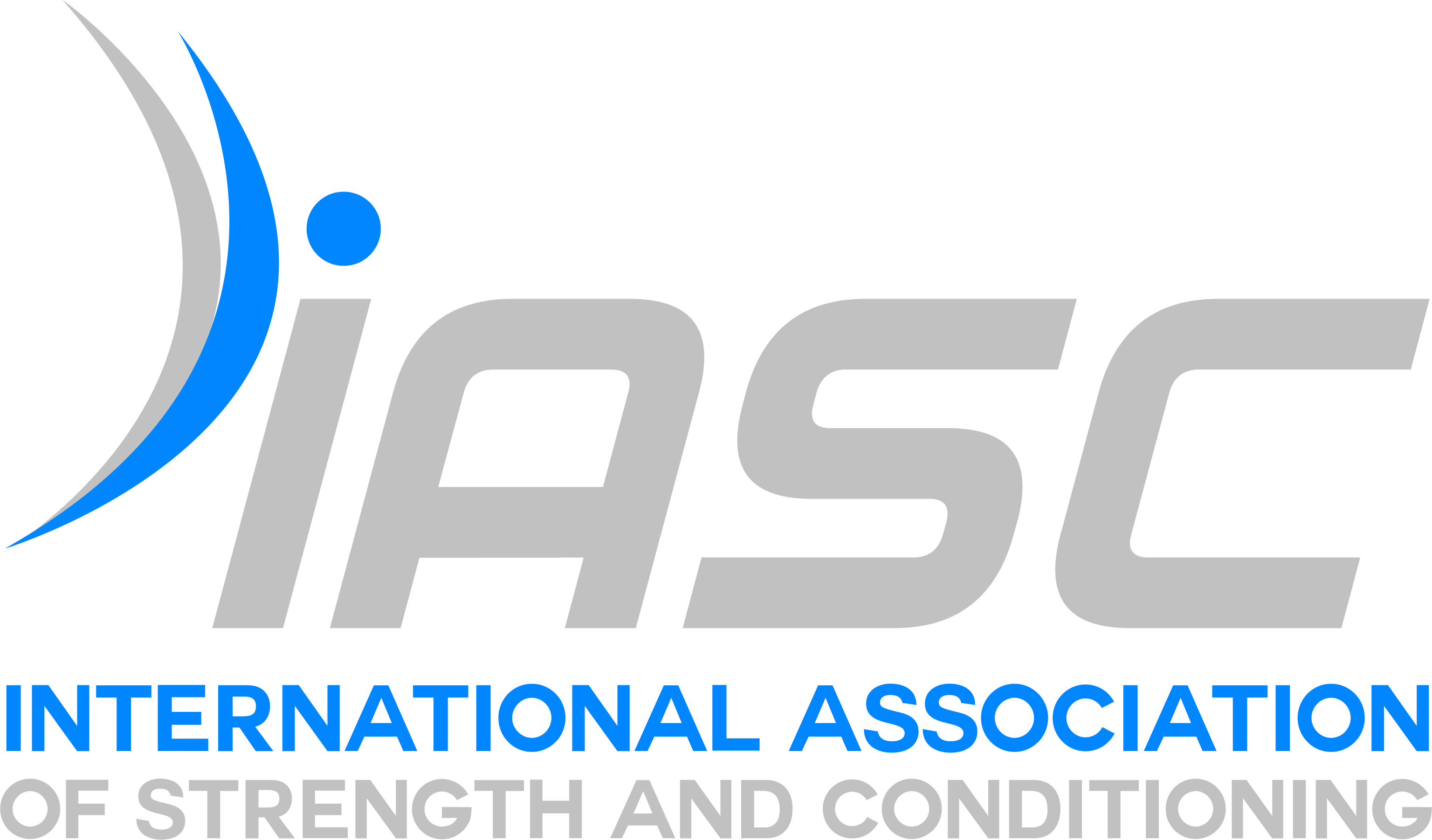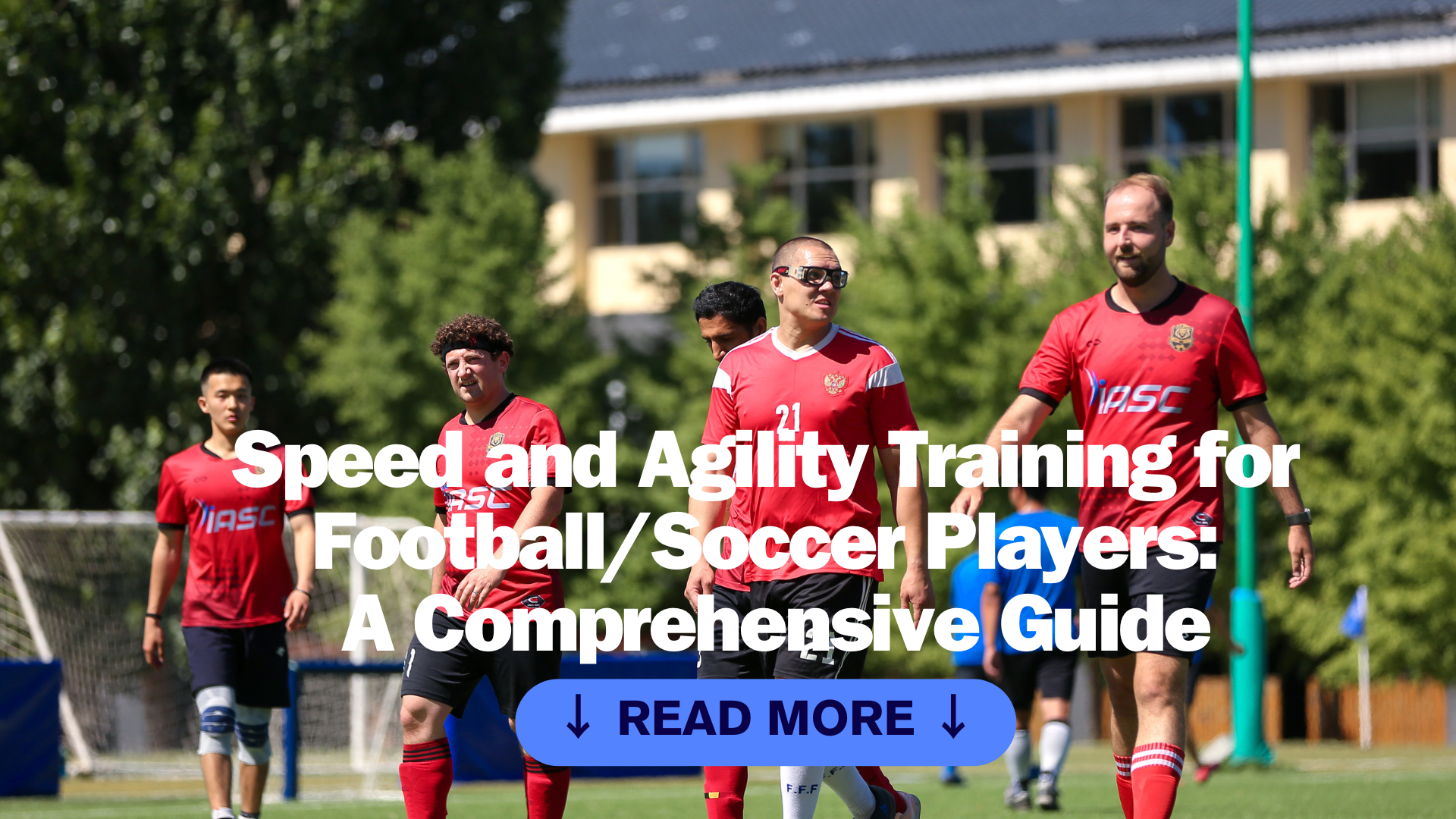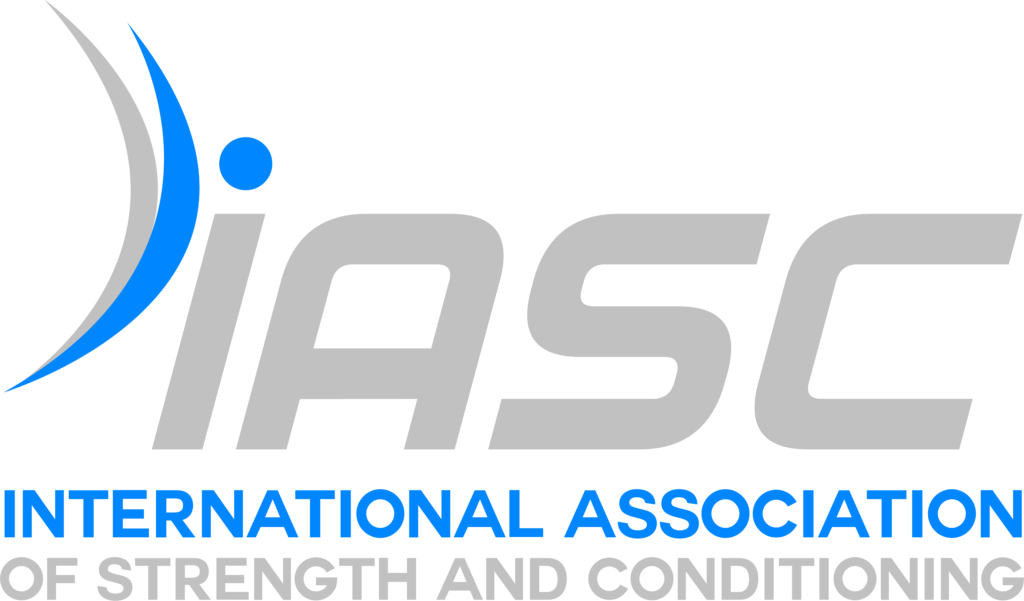Introduction
The role of a strength and conditioning coach goes far beyond simply designing workout plans and pushing athletes to their limits. These professionals play a crucial part in maximizing performance, preventing injuries, and improving overall health and well-being. Becoming a great strength and conditioning coach requires a combination of knowledge, passion, and dedication to continuous learning and improvement. In this article, we’ll explore the essential steps to take on your journey to becoming an exceptional strength and conditioning coach.
1. Invest in Your Education
The first step in your journey is to invest in your education. Pursue a degree in exercise science, kinesiology, or a related field to build a strong foundation in the principles of human movement, physiology, and biomechanics. Complement your academic knowledge with recognized certifications in strength and conditioning, such as the IASC, NSCA, and ASCA certifications, which will provide you with a comprehensive understanding of evidence-based practices and industry best practices.
2. Gain Practical Experience
While knowledge is essential, practical experience is what sets great coaches apart. Seek out internships, mentorships, or volunteer opportunities to gain hands-on experience working with athletes and clients of varying ages, skill levels, and backgrounds. This will not only improve your coaching abilities but also help you develop essential interpersonal skills and confidence.
3. Stay Up-to-Date on Research and Industry Trends
As a strength and conditioning coach, it’s crucial to stay informed about the latest research, techniques, and trends in the industry. Attend conferences, workshops, and seminars to learn from experts and network with fellow professionals. Subscribe to reputable journals and industry publications to keep up with the latest findings in exercise science, nutrition, and sports psychology. By staying on the cutting edge of knowledge, you’ll be able to incorporate the most effective strategies into your coaching practice, setting you apart from the competition.

4. Develop Your Coaching Philosophy
Great strength and conditioning coaches have a well-defined coaching philosophy that guides their approach to training and working with clients. Reflect on your core values, beliefs, and principles as they relate to coaching. Consider how you can best facilitate growth, motivate, and inspire those you work with. Your coaching philosophy will serve as a compass, guiding your decisions and interactions with clients and fellow professionals.
5. Hone Your Communication and Interpersonal Skills
Effective communication and strong interpersonal skills are essential for any successful strength and conditioning coach. Develop your ability to listen actively, provide constructive feedback, and empathize with your client’s needs and goals. Remember that coaching is not a one-size-fits-all approach, and adapting your communication style to suit each individual is crucial for fostering strong relationships and driving results.
6. Commit to Lifelong Learning and Professional Development
The best coaches understand that there is always room for growth and improvement. Commit to ongoing professional development, seeking out opportunities to learn from others and refine your skills. Embrace a growth mindset and be open to feedback and self-reflection. By constantly striving to enhance your knowledge and abilities, you’ll not only become a better coach but also inspire your clients to pursue their own continuous improvement.
7. Cultivate a Strong Network
Building a strong network of fellow professionals, mentors, and industry experts can be an invaluable resource throughout your career. Attend networking events, join professional associations, and actively participate in online communities and forums. By cultivating connections, you’ll open up opportunities for collaboration, knowledge sharing, and mutual support, ultimately enhancing your own coaching practice.

8. Prioritize Health and Wellness
As a strength and conditioning coach, it’s essential to lead by example. Prioritize your own health and wellness, by maintaining a regular exercise routine, balanced nutrition, and adequate rest. By embodying the values you promote in your coaching practice, you’ll inspire trust, credibility, and commitment from your clients.
9. Develop Expertise in a Specialty Area
While it’s important to have a broad knowledge base as a strength and conditioning coach, specializing in a specific area can help set you apart in the industry. Consider focusing on a particular sport, population (e.g., youth, seniors, or individuals with specific medical conditions), or aspect of training (e.g., injury prevention, weight training, sprint training, weight-lifting training or sports nutrition). By becoming an expert in a specialty area, you’ll be able to offer unique value to your clients and establish yourself as an authority within the fitness community.
10. Foster a Positive and Supportive Environment
The atmosphere you create as a coach can significantly impact your clients’ motivation, commitment, and overall experience. Prioritize fostering a positive and supportive environment, where clients feel encouraged, valued, and empowered to reach their goals. Celebrate their successes, no matter how small, and provide guidance and reassurance during setbacks or challenges. By nurturing a culture of positivity and support, you’ll not only enhance your clients’ results but also create lasting connections that contribute to the long-term success of your coaching practice.
Conclusion
Becoming a great strength and conditioning coach is a rewarding and fulfilling journey that requires dedication, passion, and a commitment to continuous growth. By investing in your education, gaining practical experience, staying informed on the latest research, honing your communication skills, and cultivating a strong network, you’ll be well on your way to becoming an exceptional strength and conditioning coach who truly makes a difference in the lives of your clients. Embrace the challenges and opportunities that lie ahead and take pride in the transformative impact you’ll have on the world of fitness.
References:
- Trudel, P. and Gilbert, W.D., Coaching and Coach Education, in: Kirk, D., O’Sullivan, M. and McDonald, D., eds., Handbook of Physical Education, Sage, London, 2006, 516-539.
- Gilbert, W.D. and Trudel, P. Learning to Coach through Experience: Reflection in Model Youth Sport Coaches, Journal of Teaching in Physical Education, 2001, 21, 16-34.
- Lara-Bercial, S., & Mallett, C. J. (2016). The practices and developmental pathways of professional and Olympic serial winning coaches. International Sport Coaching Journal, 3(3), 221-239. Doi: 10.1123/iscj.2016-0083
- Coaching Athletes • A Foundation for Success, Written By: Monika E. Schloder, Ph.D., Richard T. McGuire, Ph.D.







